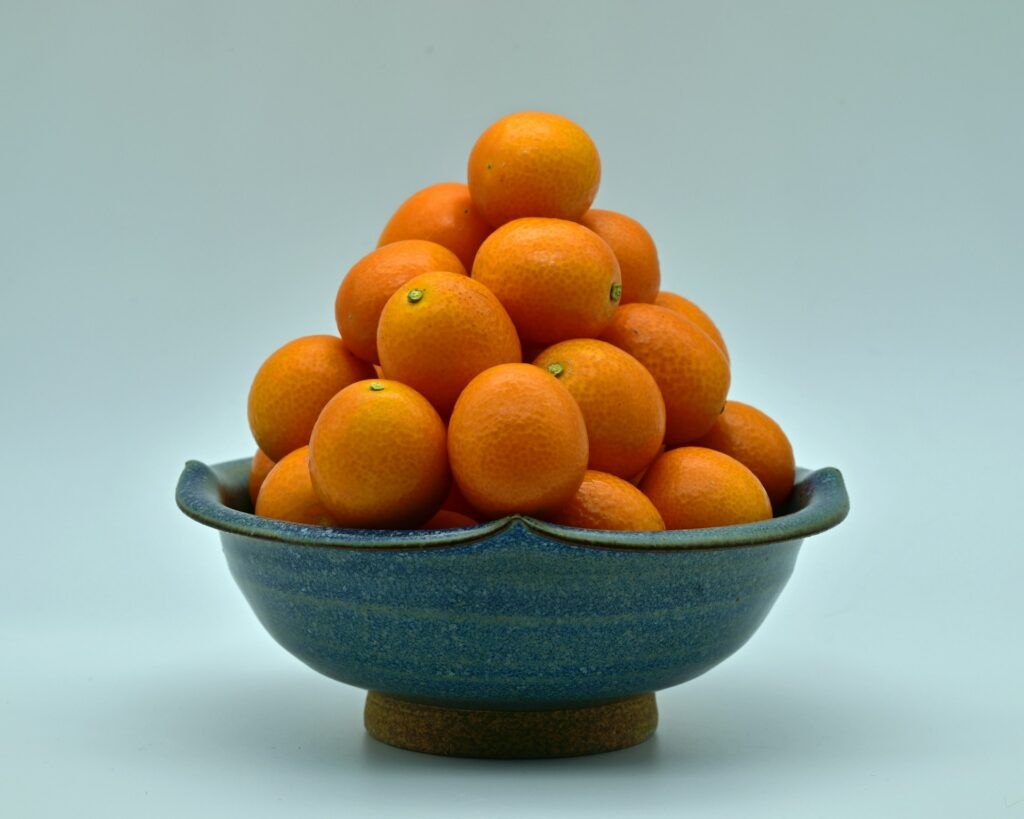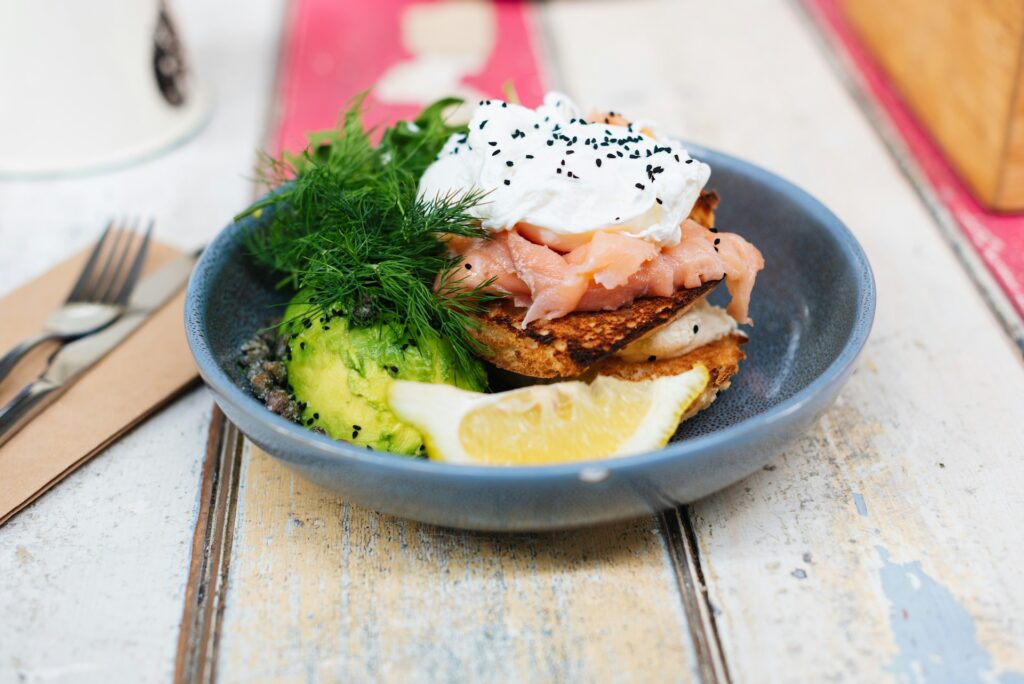
Ever set out to make a big change, pumped up with good intentions and iron-clad willpower, only to feel like you’ve hit a wall a few weeks in? Suddenly, that healthy habit you were so excited about seems impossible, and you’re left feeling “weak” or “undisciplined.” Sound familiar? 🤔
Here’s the thing: it’s not just about willpower! One of the biggest factors influencing our behavior is often right under our noses—our environment. Yep, the spaces around us can either make it easier or harder to stick to our goals. Access, or how easy things are to reach, can have a huge impact on what we do (or don’t do).
The best part? Most of us can tweak our surroundings to nudge us toward those positive changes. A classic example is the “kitchen makeover.” Imagine: all your washed, prepped veggies and healthy snacks are front and center in the fridge, while the cookies are stashed so high up you’d need a ladder to reach them. With everything set up for success, you’re way more likely to grab that healthier option!
So, how do you make your environment work for you, not against you? Here are some fun, simple ideas:
1. Use a Trigger 💡
Triggers, or cues, are reminders that help you take action. Think of it as setting little prompts for yourself! Maybe you keep a pair of dumbbells by your home office door so you’ll do a few curls every time you pass. Or if you’re trying to cut back on screen time, try an app that reminds you to take a break after a set period on social media.
2. Reduce Friction 🛣️
Stores place candy by the checkout for a reason—convenience tempts us! Use this same trick to make healthier choices easier. Try leaving a bowl of fresh fruit on the counter for a quick snack, or have your gym bag packed and ready by the door. When things are easy to grab, you’re way more likely to go for them!
3. Limit Your Options 🛑
Sometimes, less really is more. By reducing your options, you can avoid decision fatigue and make your choices easier. Whether it’s deleting distracting apps, moving tempting snacks out of the house, or creating a capsule wardrobe, simplifying helps you stay focused on what truly matters.
Changing your environment to support your goals takes a little bit of setup, but it’s totally worth it. Why rely solely on willpower when you can design an ecosystem that practically hands you the right choices?
💙 Robyn
Interested in a one-on-one health coaching relationship with me? It would be an honor to work with you if and when the time feels right.
To learn more about Personal Health Coaching click HERE.
To schedule a Discovery Session click HERE


